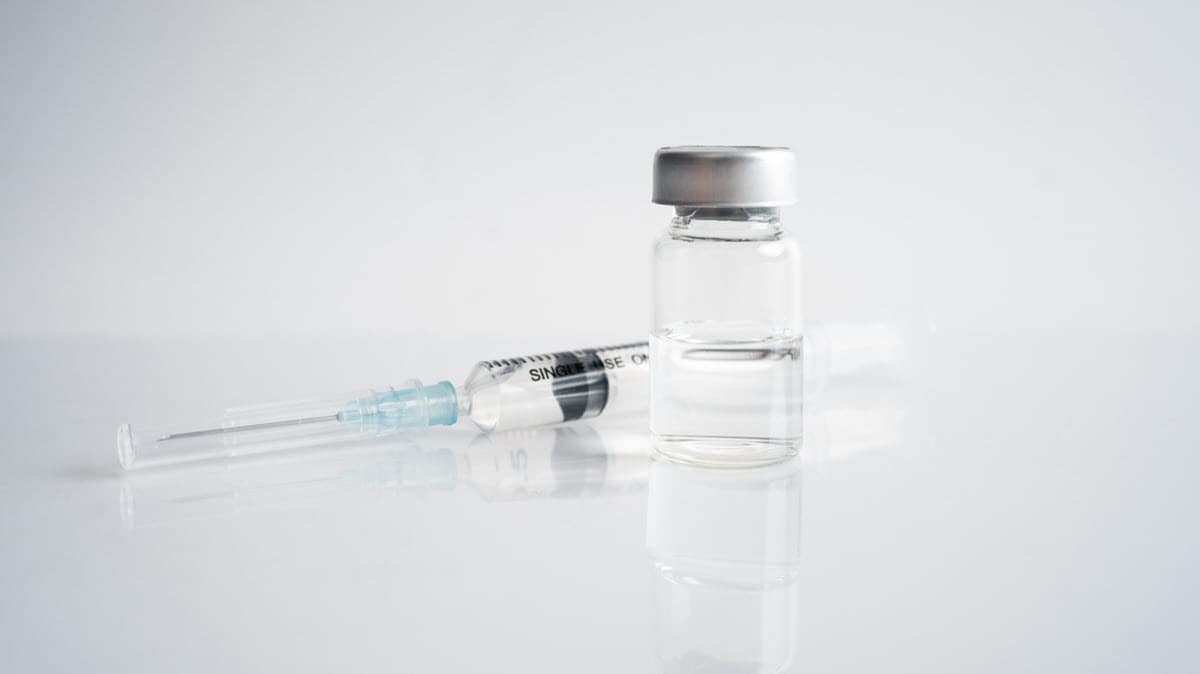Key points
Bacille Calmette-Guérin (BCG) is a vaccine for tuberculosis (TB) disease. This vaccine is not generally used in the United States. The vaccine can cause a false-positive TB skin test reaction.

About the Bacille Calmette-Guérin (BCG) Vaccine
Bacille Calmette-Guérin (BCG) is a vaccine for tuberculosis (TB) disease.
The vaccine is not generally used in the United States1 because of:
- The low risk of infection with TB bacteria in the United States,
- The variable effectiveness of the vaccine against adult pulmonary TB, and
- The vaccine’s potential to cause a false-positive TB skin test reaction.
Many people born outside the United States have been vaccinated with BCG. It is given to infants and small children in countries where TB is common. It protects children from getting severe forms of active TB disease, such as TB meningitis and miliary TB disease.
BCG Vaccine and TB Testing
The BCG vaccine may cause a false-positive TB skin test reaction. There is no reliable way to distinguish a positive TB skin test reaction caused by BCG vaccination from a reaction caused by true TB infection.
TB blood tests (interferon-gamma release assay or IGRA) are the preferred test for people who have received the BCG vaccine, including children. BCG vaccination does not induce positive results when TB blood tests are used.
Interpreting TB skin test results for people who have been vaccinated with BCG
Multiple BCG doses (as practiced in some countries) increases a person's sensitivity to the TB skin test and the duration of positive TB skin test results after BCG administration.
When using the TB skin test, people who have been vaccinated with BCG should always be further evaluated for latent TB infection or TB disease as if they were not vaccinated with BCG. TB skin test reactivity caused by BCG vaccine generally wanes with the passage of time, but periodic skin testing may prolong (boost) reactivity in vaccinated people. TB skin test reactions should be interpreted based on risk stratification regardless of BCG vaccination history.
Health care providers treating children who have been vaccinated with BCG should also know that tuberculin reactivity is likely during the first two years after BCG administration to the newborn.
Recommendations
In the United States, BCG is only considered for people who meet specific criteria and in consultation with a TB expert. Health care providers can consult their state or local TB control program for questions about BCG vaccination for their patients.
Children
BCG vaccination should only be considered for children who have a negative TB test and who are continually exposed, and cannot be separated from adults who:
- Are untreated or ineffectively treated for TB disease, and the child cannot be given long-term primary preventive treatment for TB infection; or
- Have isoniazid- and rifampin-resistant strains of TB disease.
Health Care Workers
BCG vaccination of health care workers should be considered on an individual basis in settings in which
- A high percentage of patients with TB disease are infected with TB strains resistant to isoniazid and rifampin; or
- There is ongoing transmission of drug-resistant TB strains to health care workers and subsequent infection is likely; or
- Comprehensive TB infection control precautions have been implemented but have not been successful.
Health care workers considered for BCG vaccination should be counseled regarding the risks and benefits associated with both BCG vaccination and treatment of latent TB infection.
Contraindications
Immunosuppression
Persons who are immunosuppressed (e.g., persons who have HIV) or who are likely to become immunocompromised (e.g., persons who are candidates for organ transplant) should not receive BCG vaccination.
Pregnancy
Pregnant women should not receive BCG vaccination. Even though no harmful effects of BCG vaccination on the fetus have been observed, further studies are needed to prove its safety.
